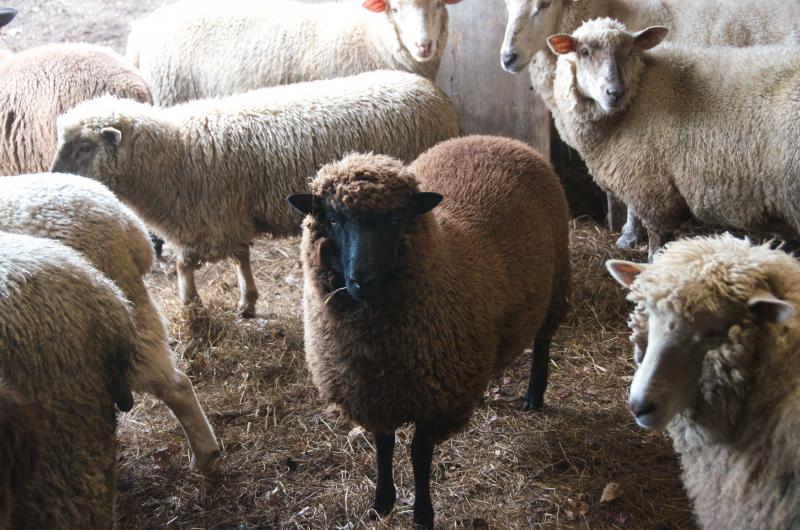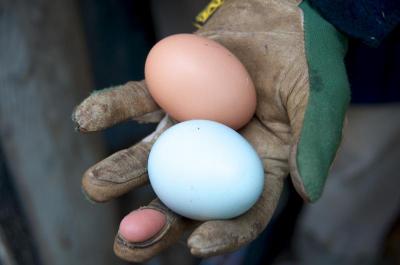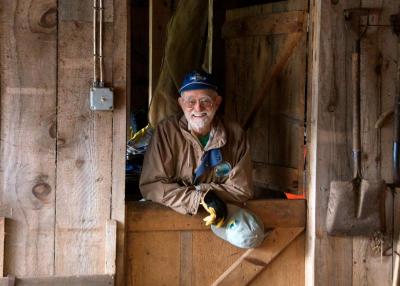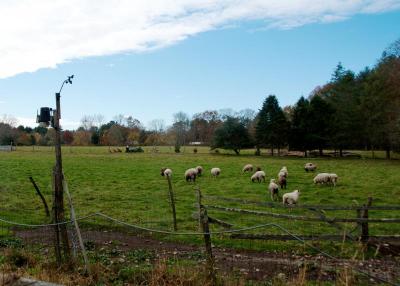Teal Farm: Living the 'good-natured' life

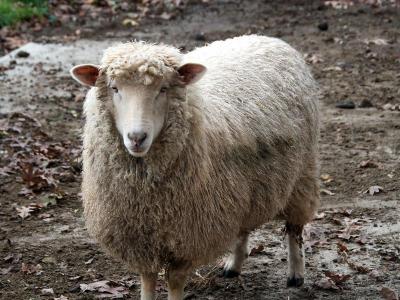
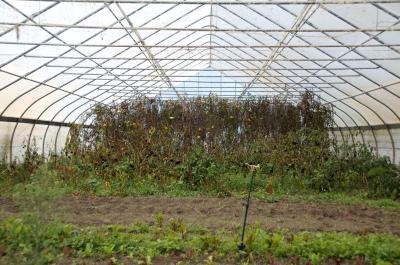
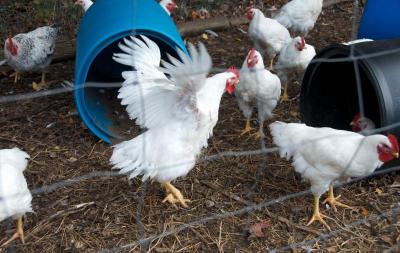

When it’s mealtime at Rochester’s Teal Farm, amateurs are expected to stand down.
It starts with a call from Susan Teal, “Sheep! Sheep! Come on girls!” And 48 feet high tail it to the barn where troughs of feed await the small, fluffy herd.
The ewes push, bleat and jump to get at the food, and anyone in their way is sure to suffer smashed toes.
“You’d think we have starved them,” says Susan. The sheep make short work of their mid-morning meal, bleat at their owner in case she might be inclined to offer seconds, and finally migrate back to the field.
This routine had been a big part of the Teals’ lives since Susan’s husband John was given some lambs 40 years ago.
The couple’s herd grew to around 40 head as people gave them pet lambs. “We got a lot of retired sheep,” said Teal.
These days, the Teals have pared down their herd to 12. “It’s tremendous fun, but it’s younger man’s work,” said Susan.
For Susan, an anthropologist, and John, a biological engineer, animal husbandry and farming have been something they did in addition to their day jobs.
“Neither of us grew up on a farm, but there are books," said Susan “We have a lot of energy and curiosity." The pair learned much of their farming techniques from books and often experimented with new crops and animals, documenting their successes and failures with scientists’ attention.
From the looks of the farm, the Teals’ are apparently quite well-read.
Over the years the farm has become a community and a family effort. The Teal’s slaughter their sheep with the help of friends and neighbors who then get a share of the meat. The couple has a similar arrangement with their chickens.
Much of the Teals’ family lives in Rochester and three of the couple’s grandchildren have taken over most of the agricultural responsibilities on the farm.
“For us this was an avocation,” said Susan. “I was truly all over the world for work, and when I would come home and have the mundane task of cleaning the chicken coop it was very grounding.”
Susan would like to see the farm shift from avocation to vocation for her grandkids, who already sell some of their harvest at the edge of the farm during the summer.
“I’m hoping that the farm is inching toward providing a living wage,” she said.
Of her grandchildren, Susan explained, “They’re good-natured and they really love being outdoors. Growing food is a good way to keep you outside.”



